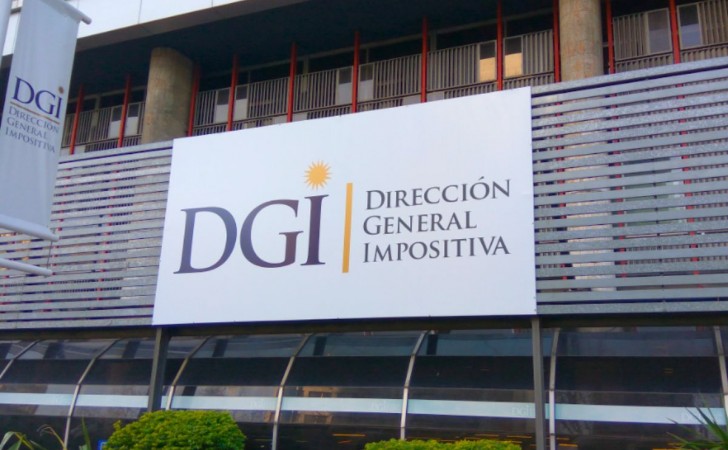
The General Tax Directorate (DGI) reported on Tuesday on the new Personal Income Tax (IRPF) and Social Security Assistance Tax (IASS) campaign, detailing the important dates for automatic refunds and the filing of tax returns.
This campaign is of particular interest to a large number of taxpayers who have credit in their favor without the need to file a sworn statement.
Automatic returns
According to the DGI, automatic refunds for dependent workers with credit will begin on Monday, June 17.
This group of taxpayers does not need to file a tax return to receive their refund. In addition, those who have opted to receive the refund through the banking network will be able to use the credit starting Friday, June 14.
The implementation of these automatic refunds seeks to simplify the process for taxpayers and ensure that they receive their credits in a timely manner. This measure is part of the DGI’s ongoing efforts to improve efficiency and taxpayer satisfaction.
Personal Income Tax Affidavit
Starting Wednesday, June 26, IRPF and IASS taxpayers must file their sworn declaration with the information corresponding to the year 2023 through the DGI portal.
The obligation to file this declaration falls on workers who have had more than one job and whose income between January and December 2023 exceeds $881,055 nominal.
Self-employed workers, both professional and non-professional, who have provided personal services outside of an employment relationship and have not paid the Income Tax on Economic Activities (IRAE) are also required to file a declaration. This group must ensure that they submit all relevant documentation to avoid penalties.
Exonerated from filing an affidavit
Not all workers are required to file an income tax return. Dependent workers with a single income that has not exceeded $881,055 in nominal terms in 2023 are exempt, provided that they have not opted for the 5% reduction in advances under the family unit regime.
In addition, dependent workers with a single income who did exceed $881,055 nominal, but who received income in December 2023 and whose employers have already made the annual adjustment, are also exempt, provided that they have not opted for the 5% reduction in advances under the same regime.
Obligation to submit an IASS affidavit
As for the IASS affidavit, it must be submitted by retirees who have had income from more than one pension institution and whose total income has exceeded $881,055 nominal throughout 2023. This measure ensures that all income received is properly declared, guaranteeing transparency and tax compliance.
Retirees with income from a single pension organization are also required to do so, as long as they do not include income from December 2023. In addition, all retirees who have retired under the Pension Savings Fund Administrators (AFAP) regime must file a return if their income exceeded $881,055 in nominal terms, or if, without having exceeded that amount, they did not file Form 3,800.
Without the option to declare as a family unit
It is important to note that the IASS does not allow the option of declaring as a family unit or accessing deductions. This restriction implies that each retiree must declare their income individually, which can affect the total amount of taxes to be paid.
This year’s IRPF and IASS campaign reflects the DGI’s commitment to transparency and efficiency in the management of taxes, making it easier for taxpayers to comply with their tax obligations and obtain their corresponding credits. These measures are expected to improve tax collection and reduce possible evasion.

















